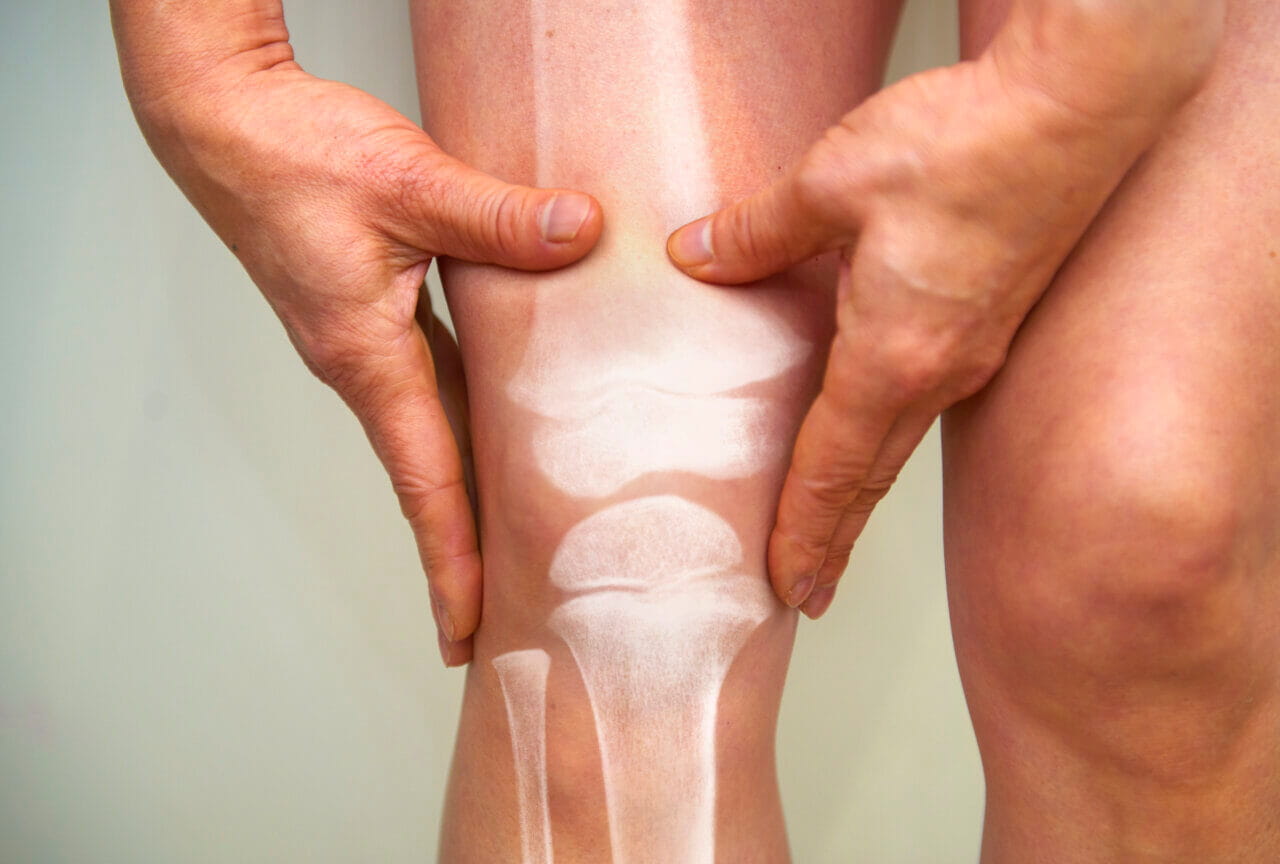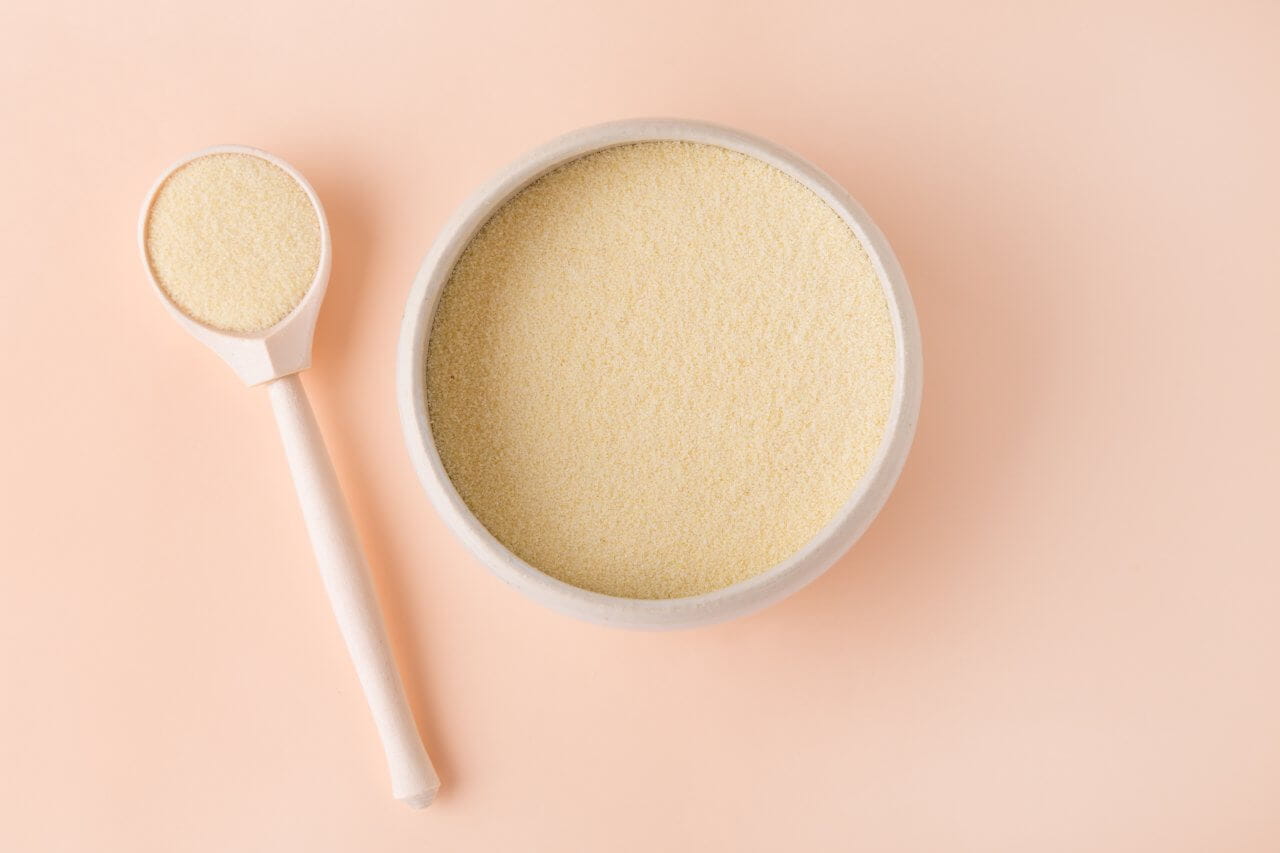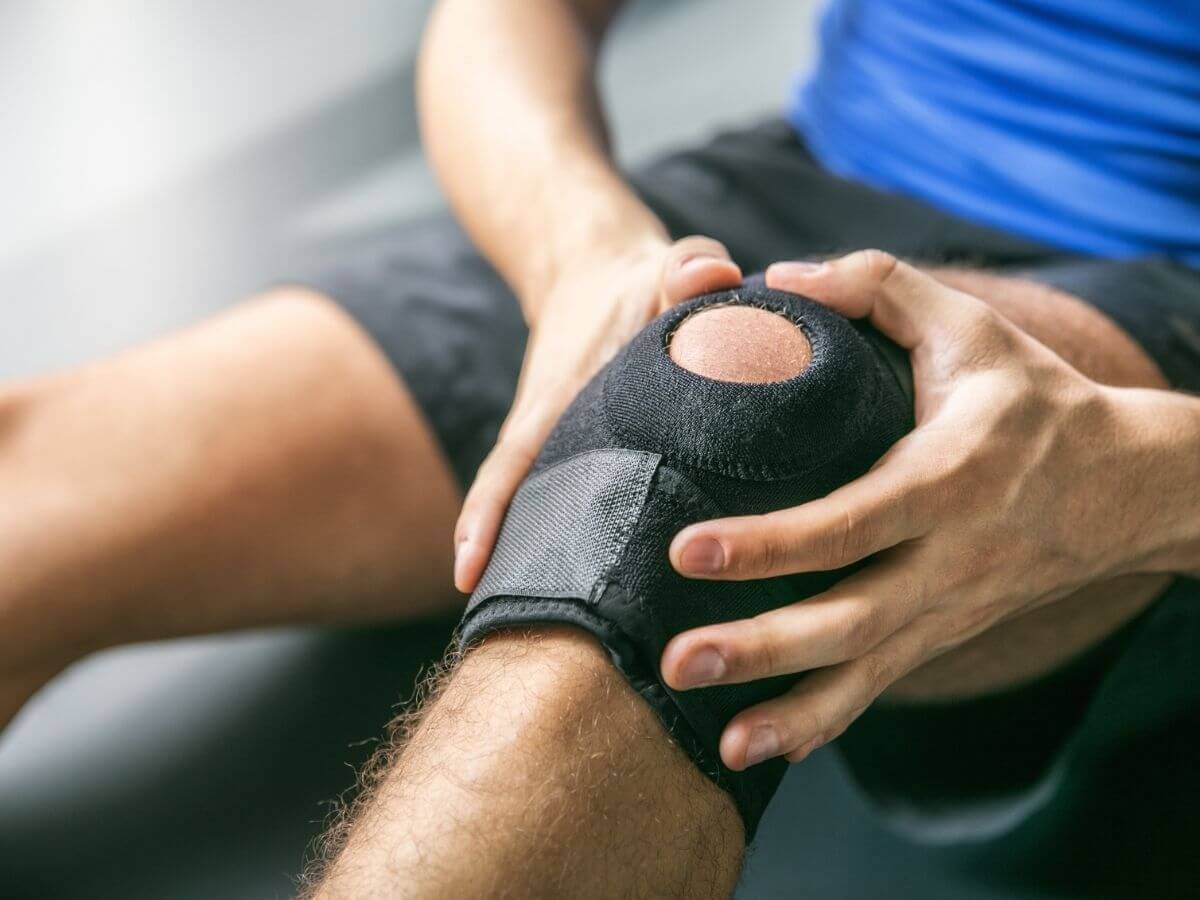Exercise and Bone Health: How to Maintain Healthy Bones

It’s easy to take your bones for granted since you might only think about them when you break one. But as the framework that supports you and protects your organs, bones are crucial to your overall well-being. Consequently, it’s important to keep bone health in mind and to take action to keep your bones strong and resilient.
Don’t Leave Your Health to Chance
Staying at a healthy weight is one of the best things you can do for your long-term health. Learn how weight can impact your quality of life, and discover your healthy weight range by taking our free healthy weight range assessment.
Factors Affecting Bone Health
Several factors affect a person’s bone health, including:
- Exercise. If you’re physically inactive, you have a higher risk of osteoporosis (i.e., developing brittle bones due to bone loss) than more active people.
- Dietary calcium. If your diet is low in calcium, you’re likely to have lower bone density and an increased risk of fractures and early bone loss.
- Sex. On average, women have less bone tissue than men and consequently have a higher risk of osteoporosis.
- Age. As you get into your senior years, your bones naturally become thinner and weaker.
- Physical size. People who are especially thin or who have a small frame tend to have more bone health issues since they have less overall bone mass, which means that bone loss due to age or other factors has a bigger effect on them.
- Race. People who are white or of Asian descent have the highest risk of osteoporosis.
- Family history. If your parents or siblings have osteoporosis, you’re at a higher risk of developing it.
- Alcohol or tobacco use. Men who have more than two alcoholic drinks a day or women who have more than one are at higher risk of osteoporosis. Smoking may also weaken bones.
- Hormone levels. Low estrogen levels in women due to menopause, low testosterone levels in men, and too much thyroid hormone can lead to faster loss of bone mass.
- Eating disorders. Restricting caloric intake weakens the bones, as can weight-loss surgery and digestive conditions like celiac disease.
- Some prescription medications. Certain medications can affect bone health, especially when taken long-term. They include cortisone, prednisone, prednisolone, dexamethasone, selective serotonin reuptake inhibitors, aromatase inhibitors to treat breast cancer, methotrexate, phenytoin, phenobarbital, and proton pump inhibitors. Note: You should never modify your use of prescription medications without talking to your doctor.
Types of Exercise That Help with Bone Health
The best exercises for maintaining good bone health are weight-bearing and resistance activities. Common examples include:
- Walking
- Jogging
- Dancing
- Playing tennis
- Hiking
- Lifting weights
Exercises like biking and swimming are great for your cardiovascular health, but they aren’t weight-bearing activities and don’t have much of an effect on bone health.
Getting Started with a Bone Health Program
Before starting an exercise regimen designed to help with bone health, be sure to talk with your doctor about the types of exercise and exertion levels that are right for you. For example, if you have low bone density or bone mass, you might be encouraged to avoid high-impact exercise or twisting movements that may injure your spine.
Your doctor can also talk with you about the best way to get the vitamins and minerals you need for optimal bone health — vitamin D and calcium, in particular.
Whatever goals you and your doctor set, you should work toward them gradually and listen to your body along the way. Mild muscle soreness is common in people as they start an exercise program or increase the duration or intensity of their workouts. But significant pain or any pain that lasts more than 48 hours after you exercise is something you should mention to your doctor.
Protect Your Bone Health with Guidance from Baptist Health
Your path to better bone health should start with a conversation with your Baptist Health doctor. If you don’t have one, you can find a physician near you using our online directory.
Next Steps and Useful Resources:
Find a Provider Near You
Menopause and Bone Loss: Preventing Postmenopausal Osteoporosis
What is Low Bone Mass?
10 Best Exercises for Everyone



